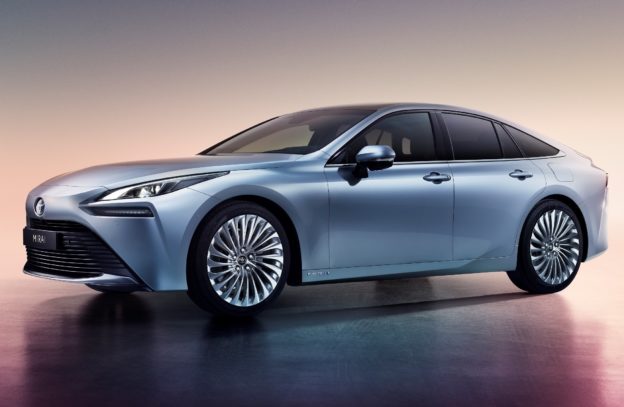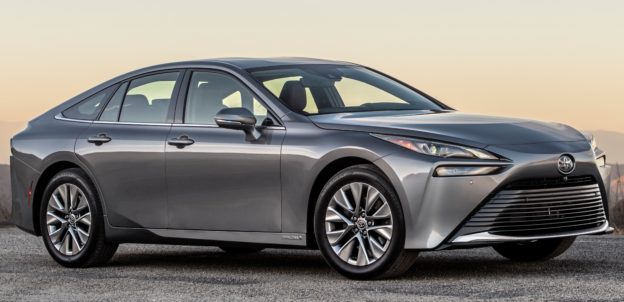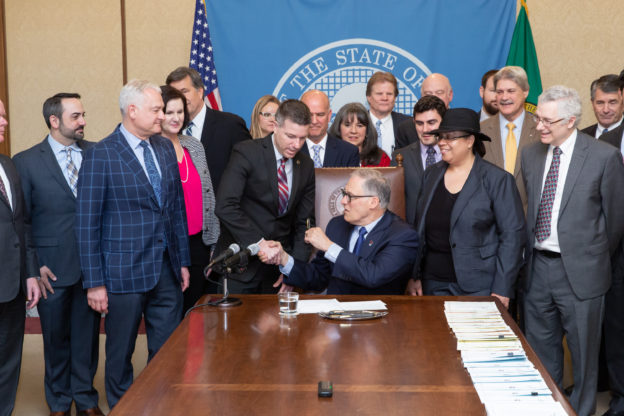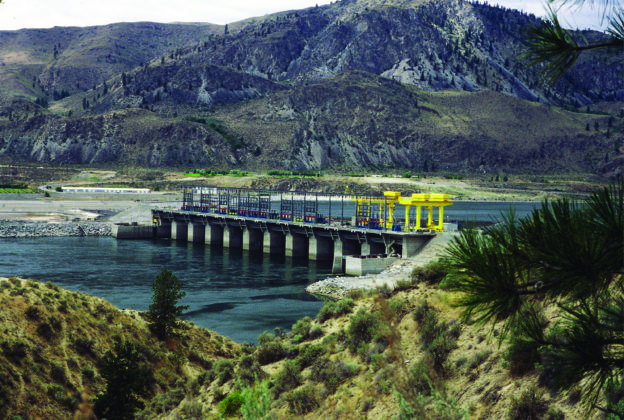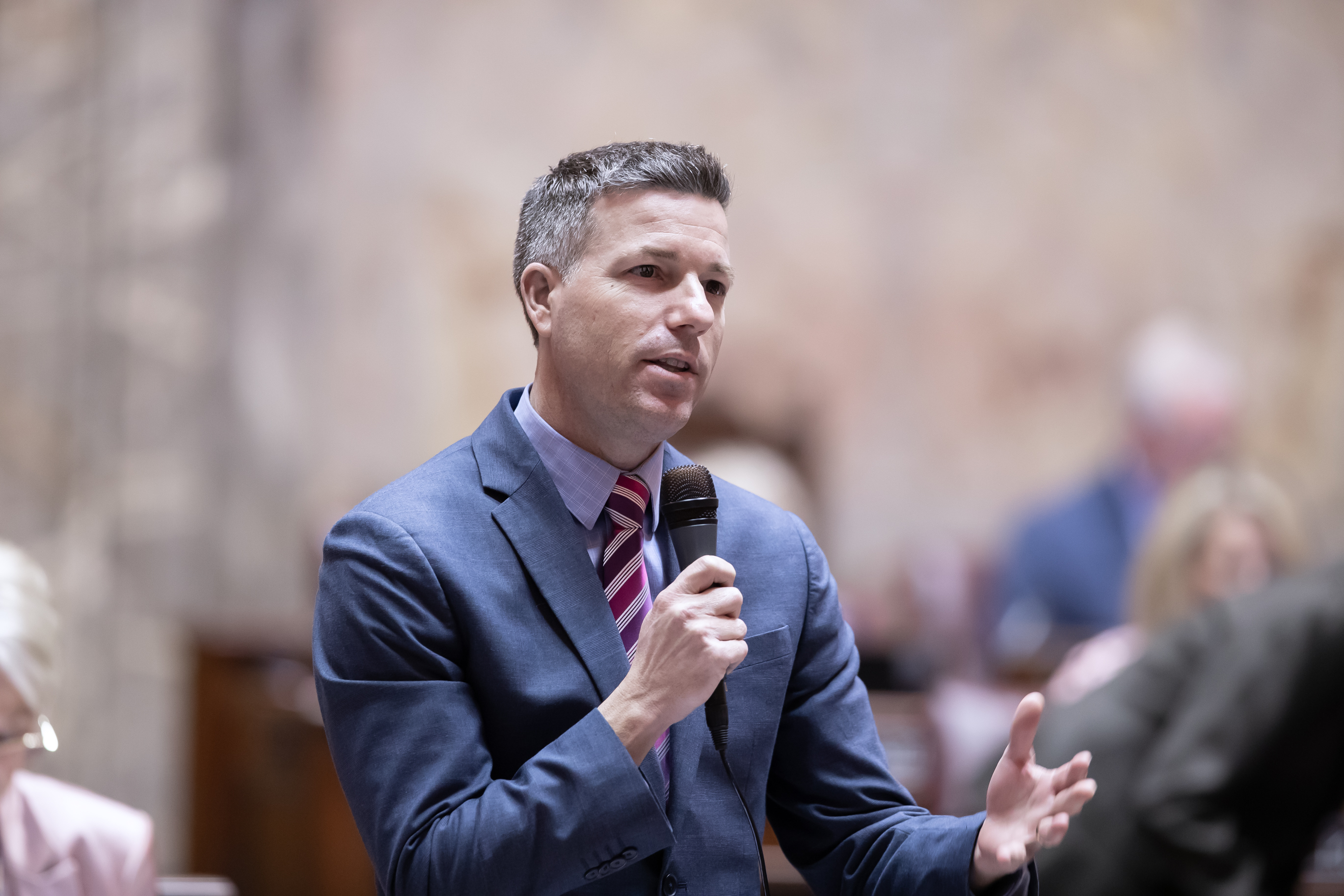Sen. Brad Hawkins’ bill to promote hydrogen-powered vehicles has taken a step closer to a full Senate vote this session.
The Senate Transportation Committee on Thursday unanimously approved Senate Bill 5000, which would establish an eight-year statewide pilot project for the reduction of sales tax on purchases of fuel-cell electric vehicles. The proposal includes a committee amendment offered by Hawkins that would direct the Washington State Department of Transportation to study how public fleets could use hydrogen fuel-cell technology. The bill was passed earlier by the Senate Environment, Energy and Technology Committee on Jan. 21.
“I’m very grateful that the bill was approved today in its fiscal committee and that it has received so much support,” said Hawkins. “Our state is really in its infancy regarding electric vehicles, so I think it’s helpful to promote multiple types of zero-emission vehicles, both battery electrics and fuel-cell electrics. This is a great step forward for the bill and the broader discussion it has generated about renewable hydrogen’s use in Washington.”
Senate Bill 5000, which has bipartisan support and nearly 30 co-sponsors, now goes to the Senate Ways and Means Committee for further consideration.
Back in 2019, the Legislature approved Hawkins-sponsored Senate Bill 5588, which authorizes public utility districts to produce and sell “renewable hydrogen.”
“The people of North Central Washington have been leaders in clean energy for decades and now we’re in a position to lead the United States on renewable hydrogen use in transportation, including production, distribution, vehicles, transit buses, short haul agriculture, and long haul opportunities. It’s pretty exciting when you think about it, especially knowing my region’s long and proud history of clean energy,” said Hawkins.
Hydrogen can be created from a process that separates the hydrogen and oxygen molecules in water. The Douglas County Public Utility District in Hawkins’ district plans to utilize its surplus hydropower to do just that, creating renewable hydrogen from excess renewable hydropower and possibly also building hydrogen fueling stations.
SB 5000 aims to extend a similar exemption on vehicle sales tax that purchasers of traditional electric vehicles receive. With the first hydrogen-fueling stations in Washington expected to be operational by 2022, the bill would allow a total of 650 vehicles to receive a 50-percent sales tax exemption in fiscal years 2023 through 2029.
Even though hydrogen vehicles are newer to the market and slightly more expensive due to having not been in mass production nationwide, they have shown tremendous promise given how quickly they refuel and the limited infrastructure required to get the fuel to the station.
Hawkins said his bill would help establish important parity between fuel-cell electric vehicles and traditional plug-in electrics.
“In our efforts to promote carbon-free vehicles, our state policies should be ‘technologically neutral’ so that we can give ourselves varied opportunities to reduce emissions and not unintentionally bias ourselves in the process,” Hawkins said. “Similar to diesel and gas, maybe there will always be multiple fuel sources for next-generation cars or maybe someday hydrogen vehicles will be the preferred choice.”
More Info: Renewable hydrogen could play a key role in Washington’s clean-energy future (Sen. Hawkins, Seattle Times, 12/15/20).











